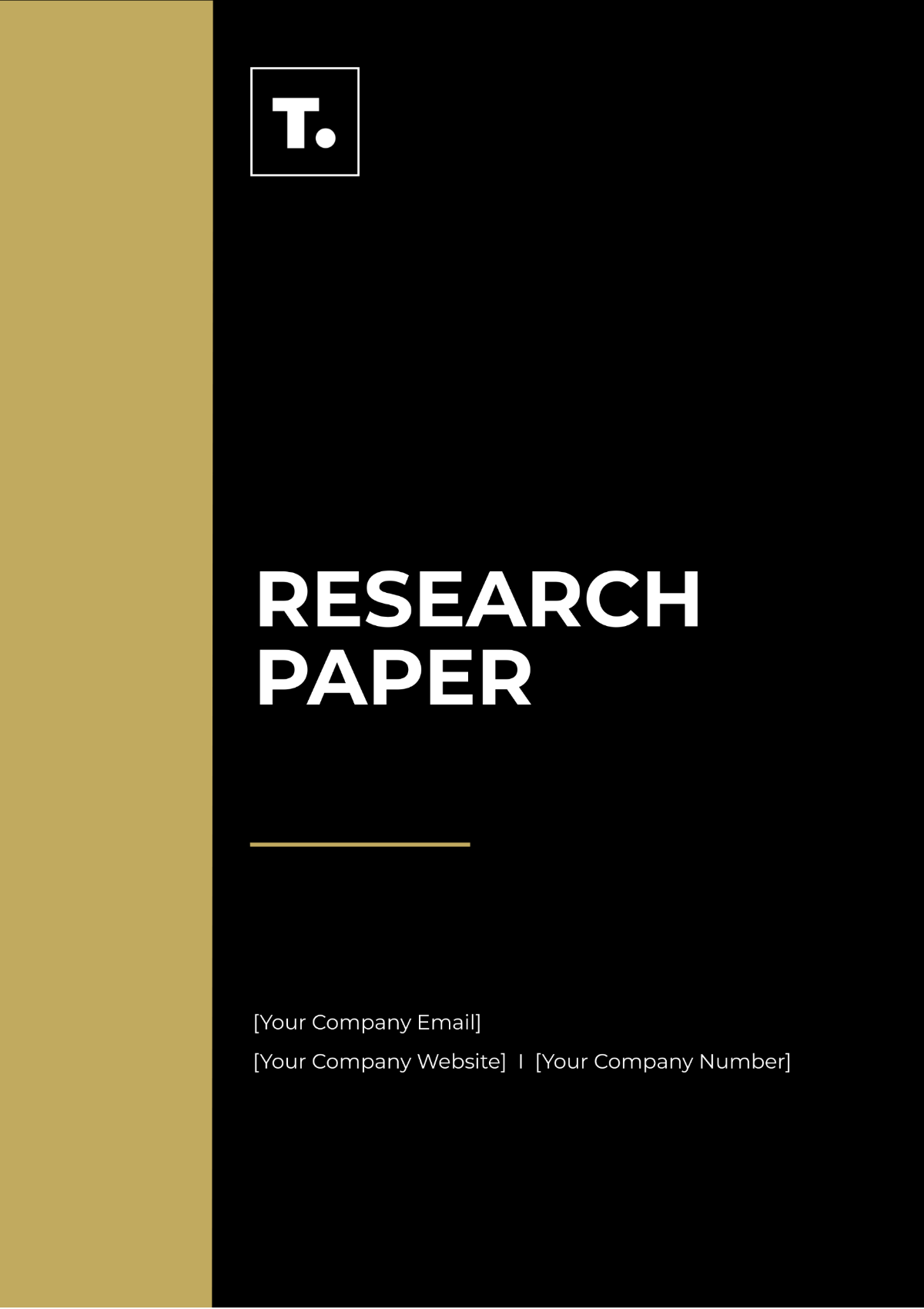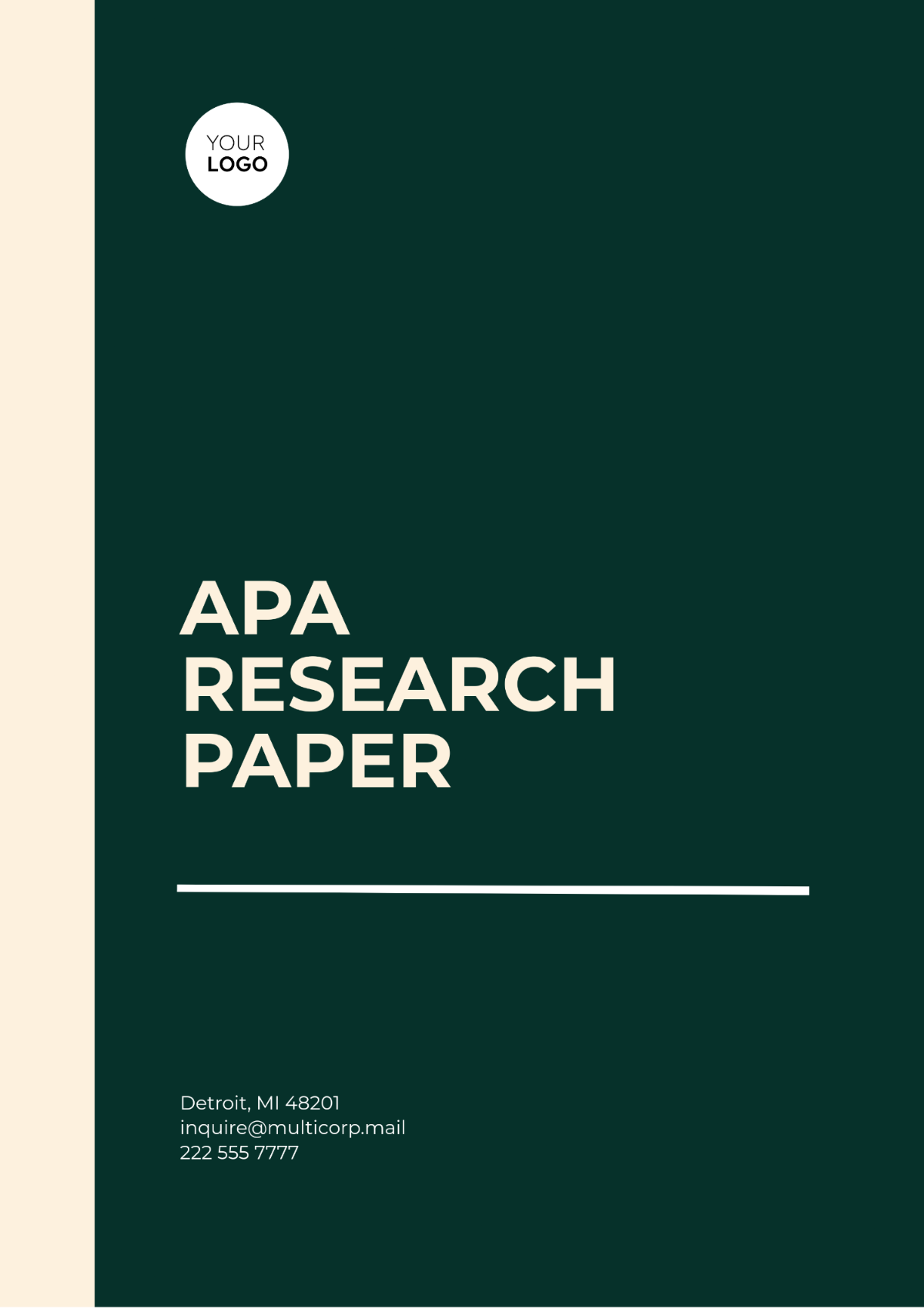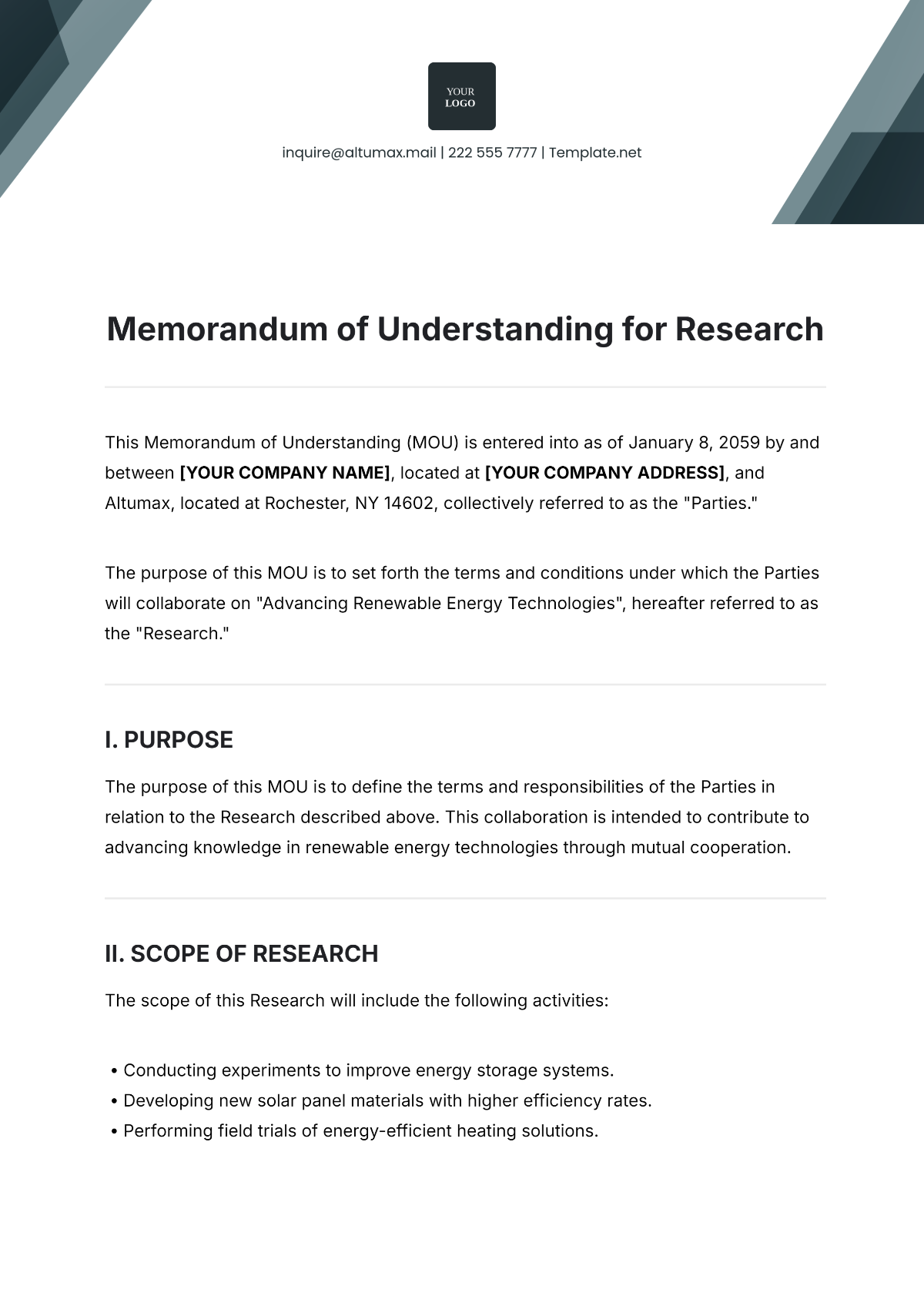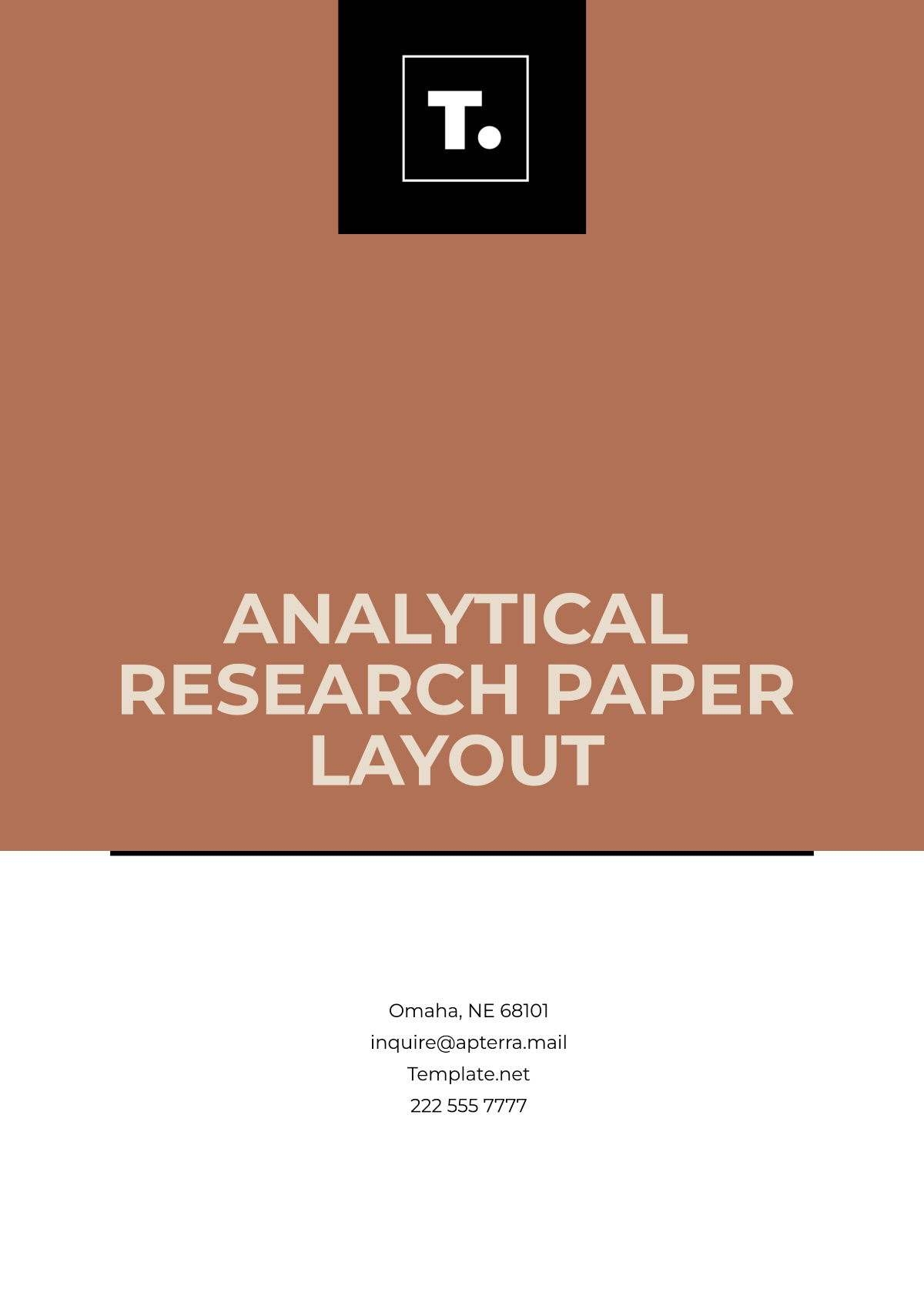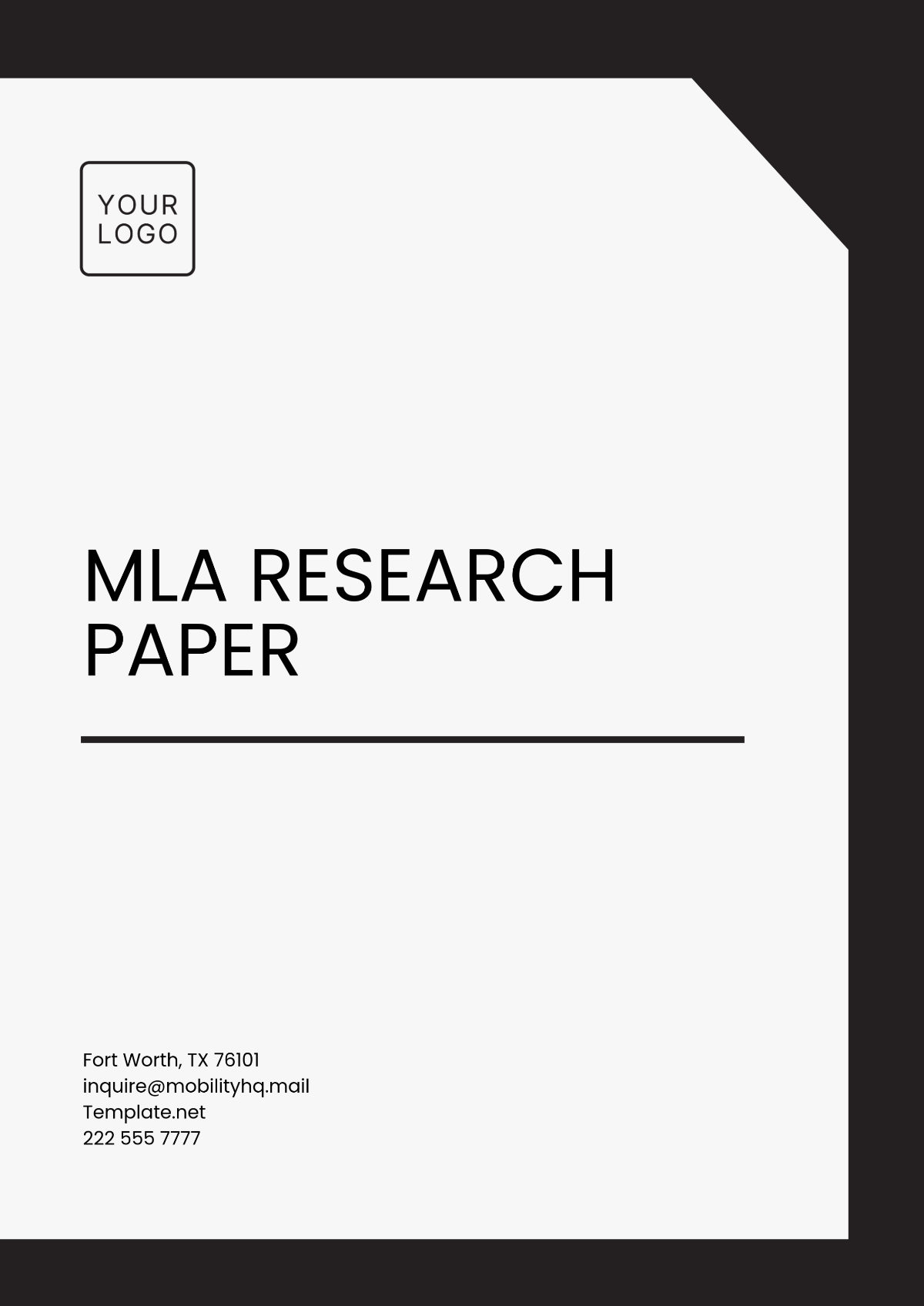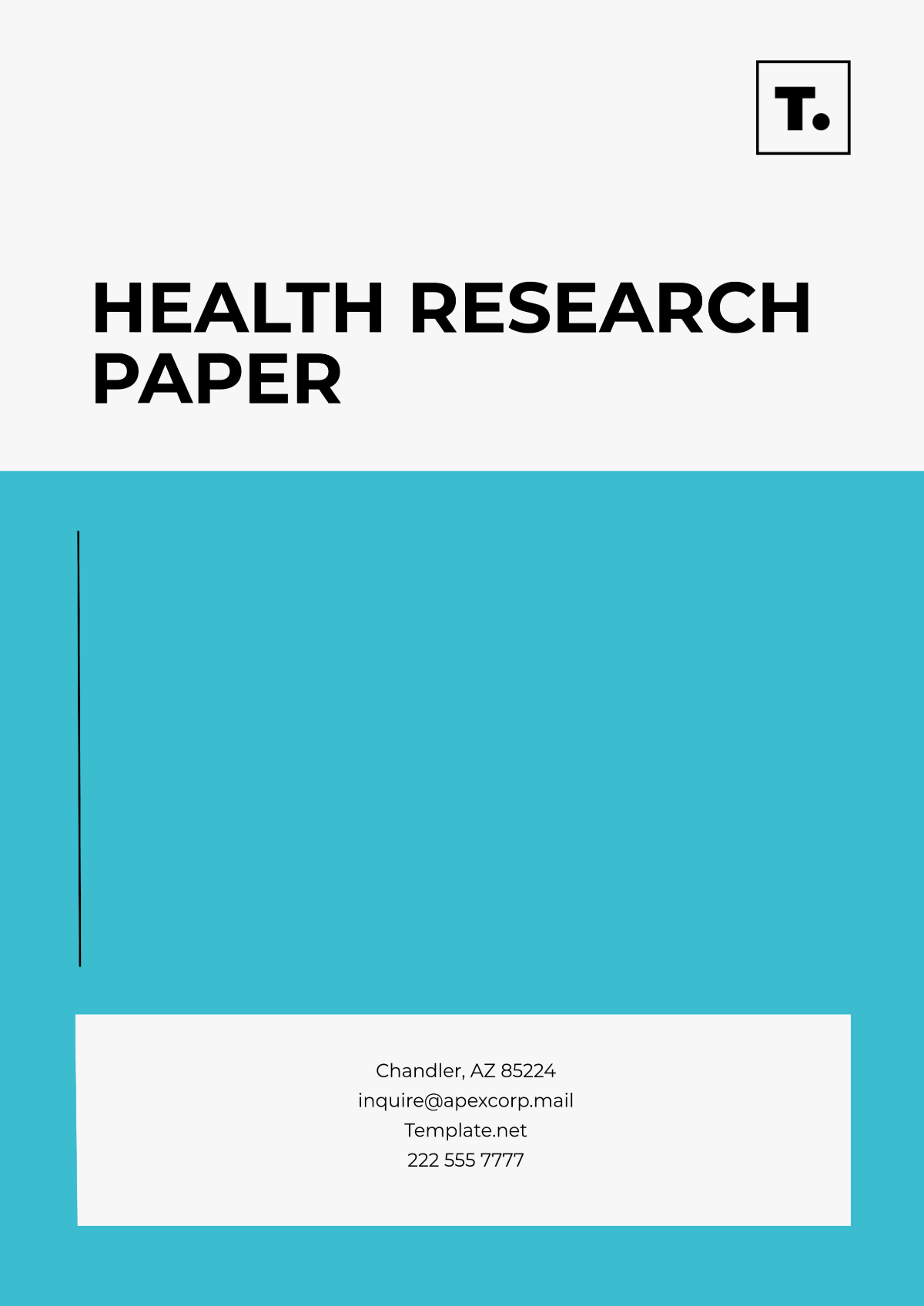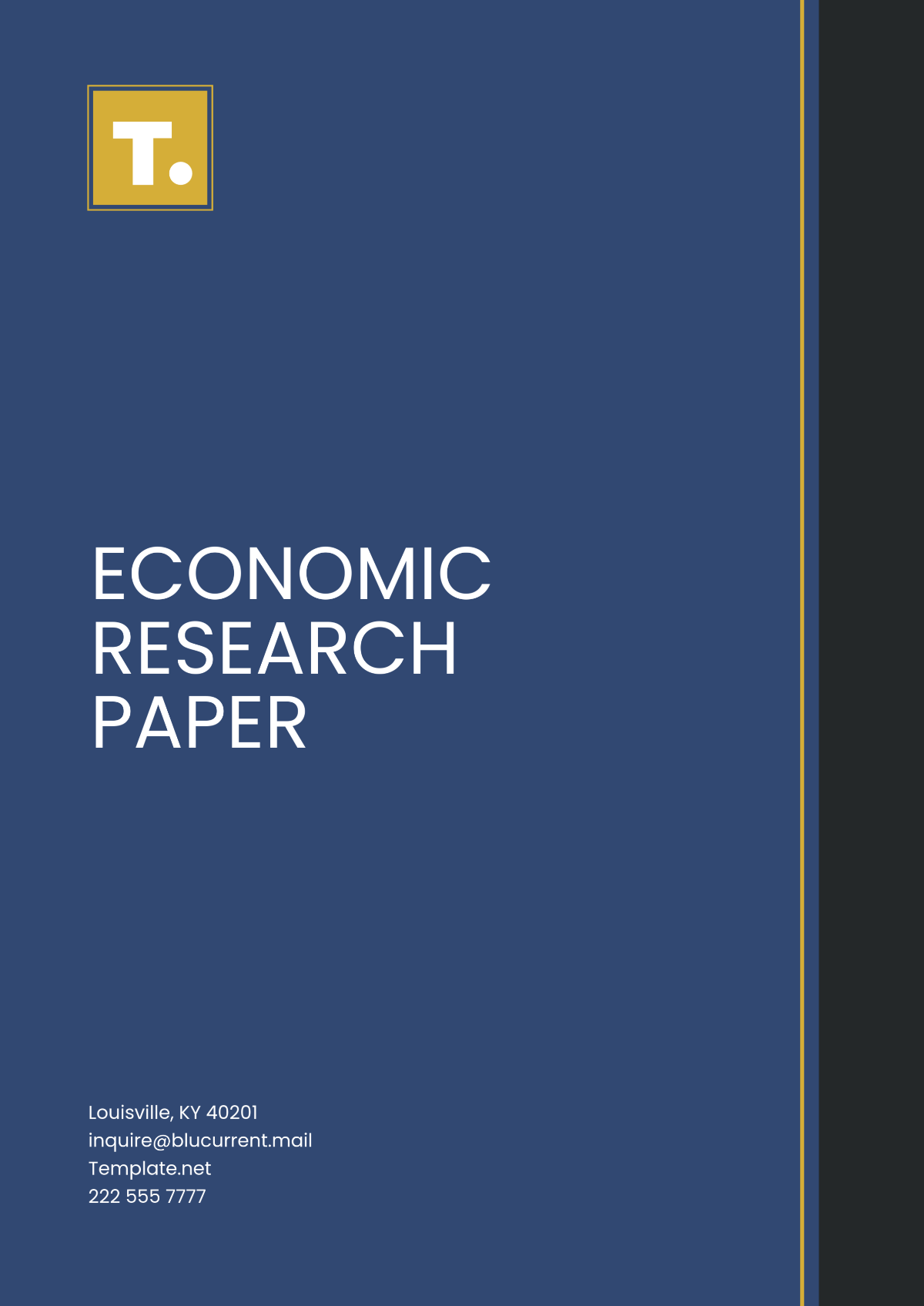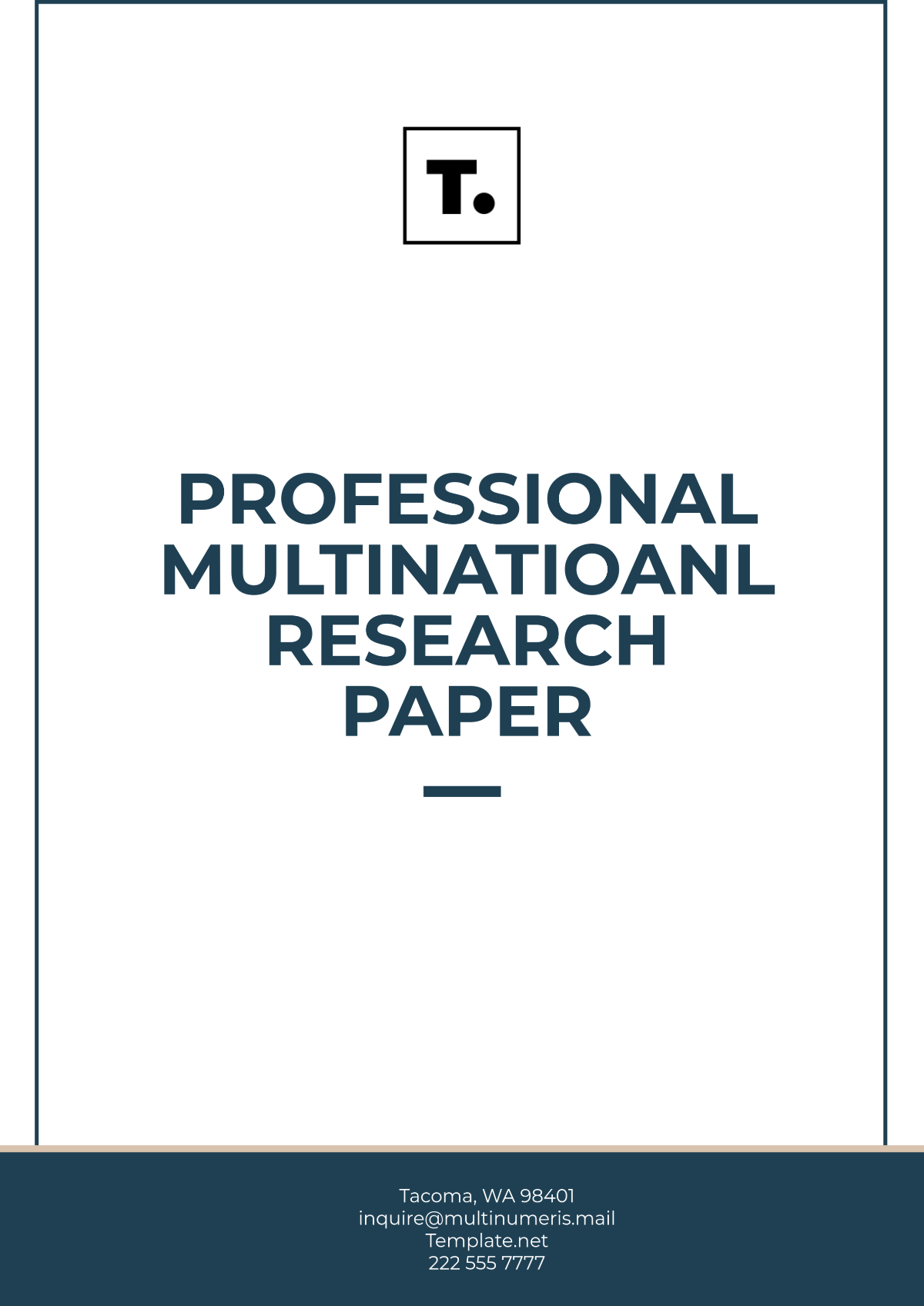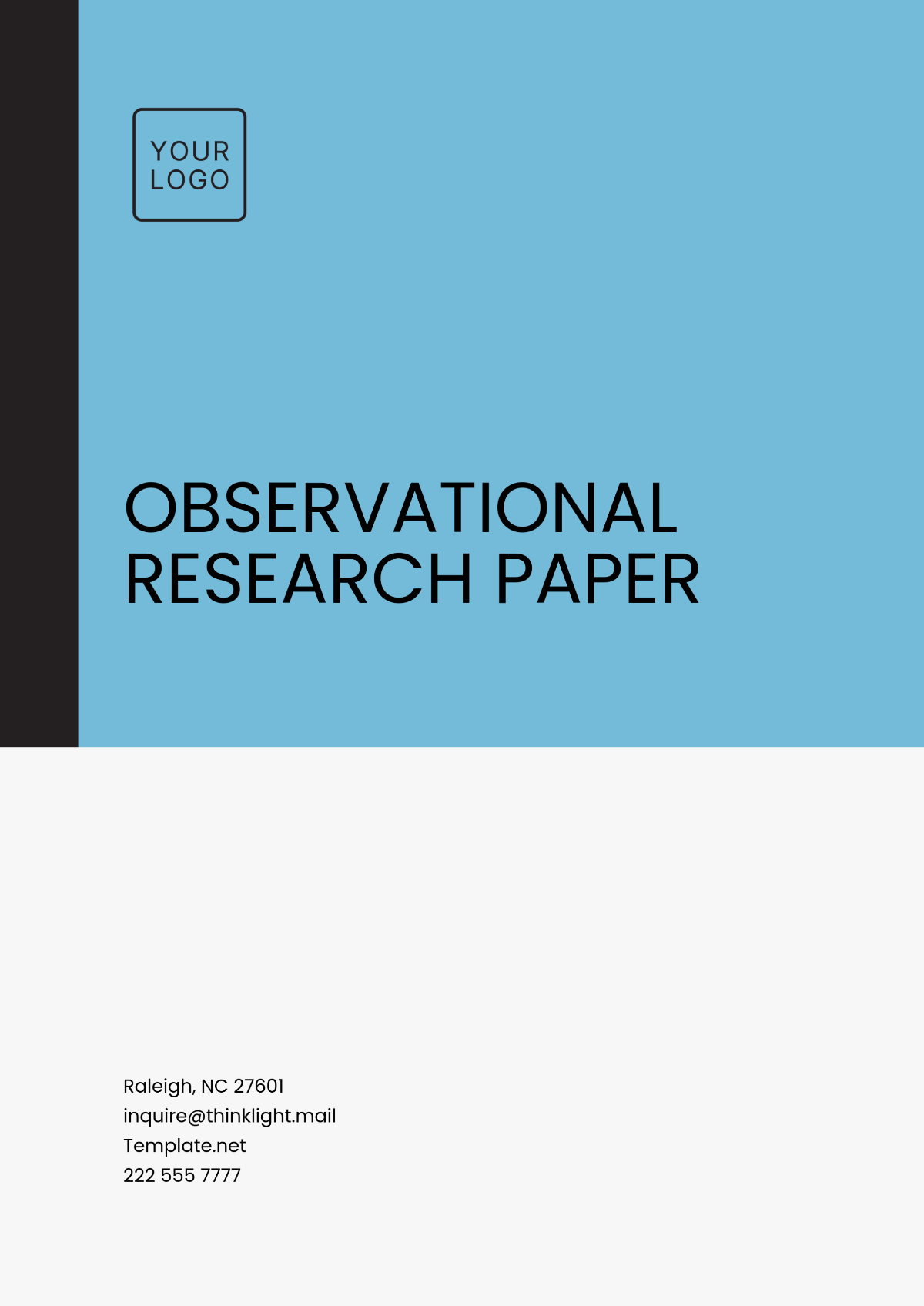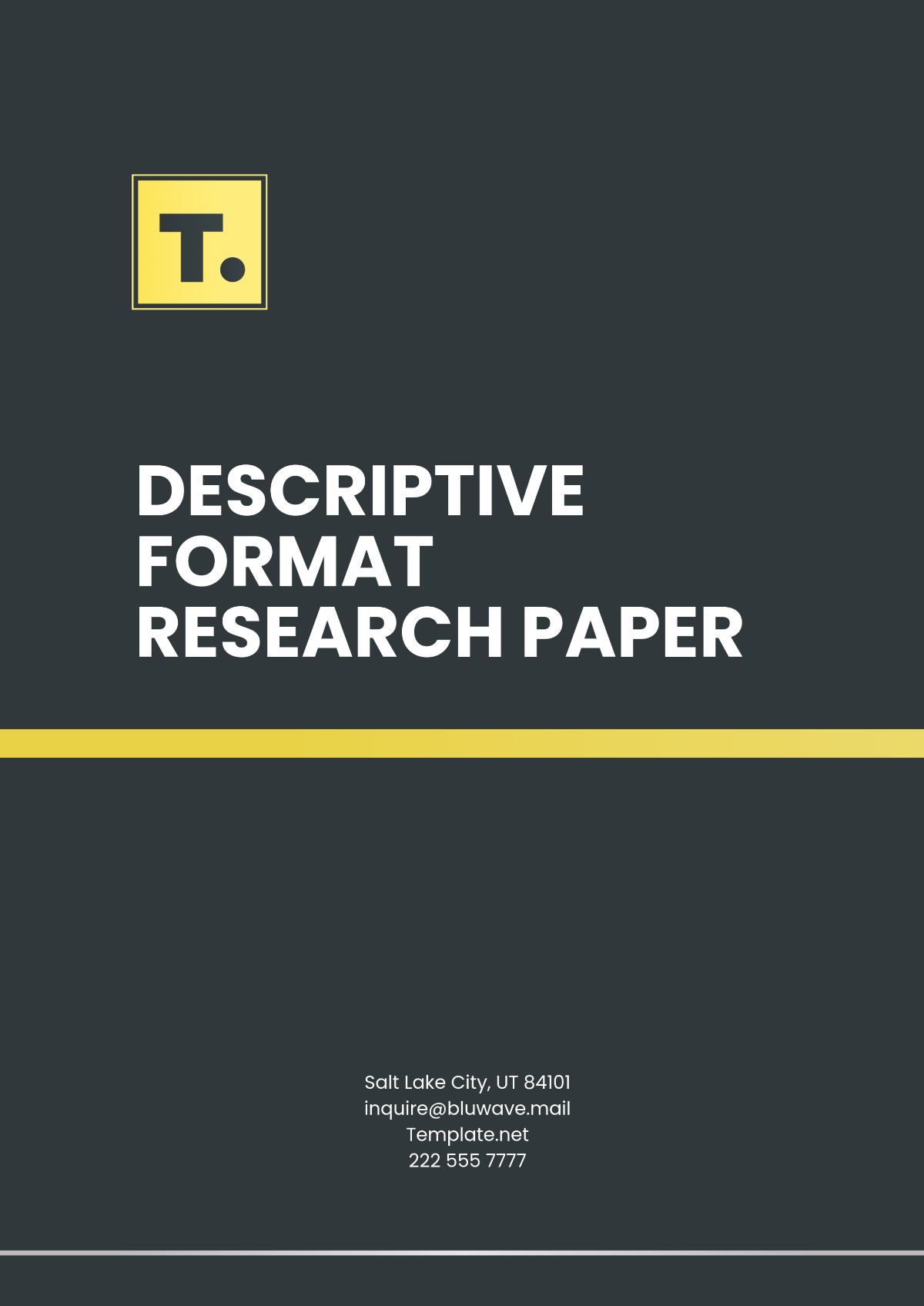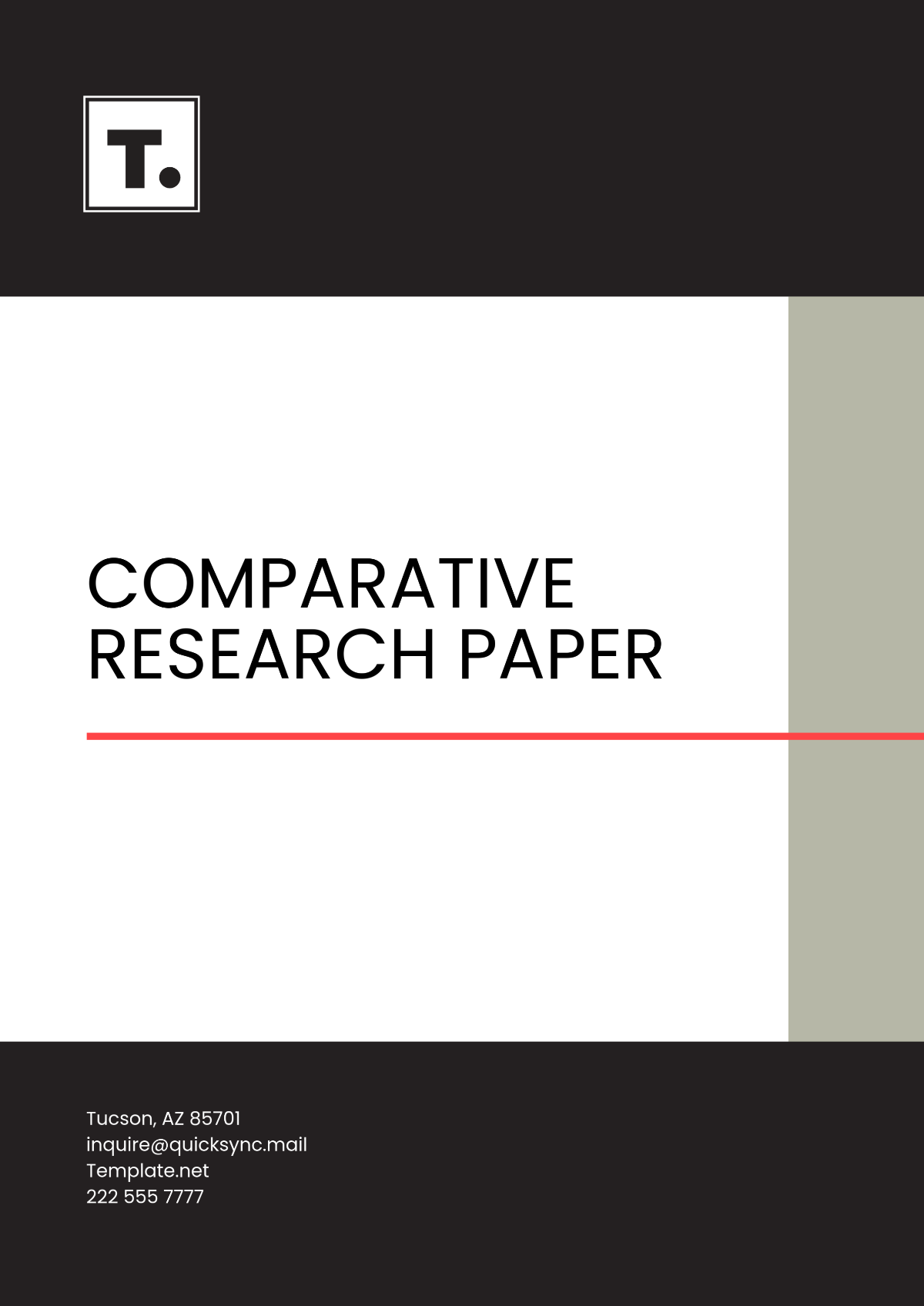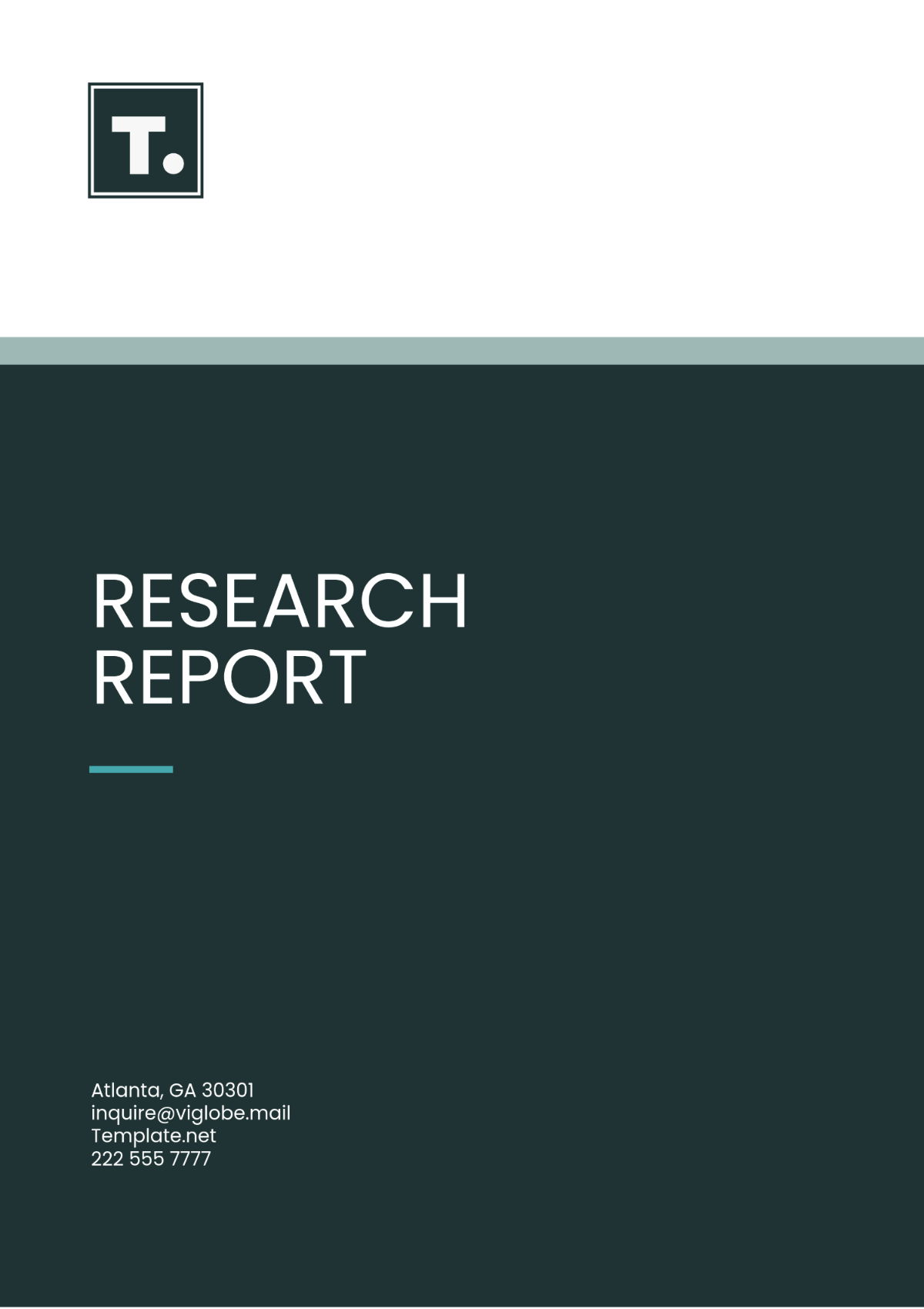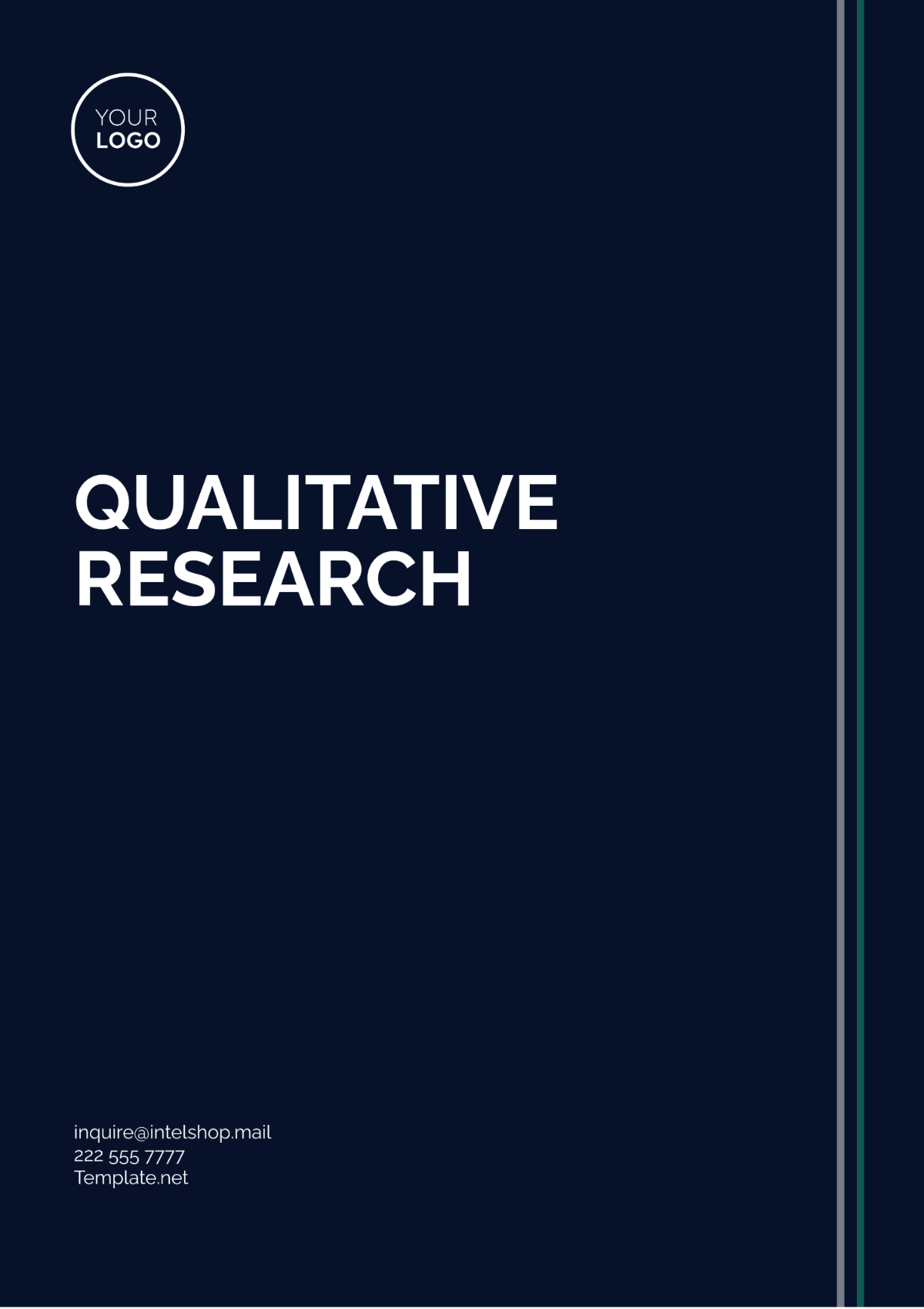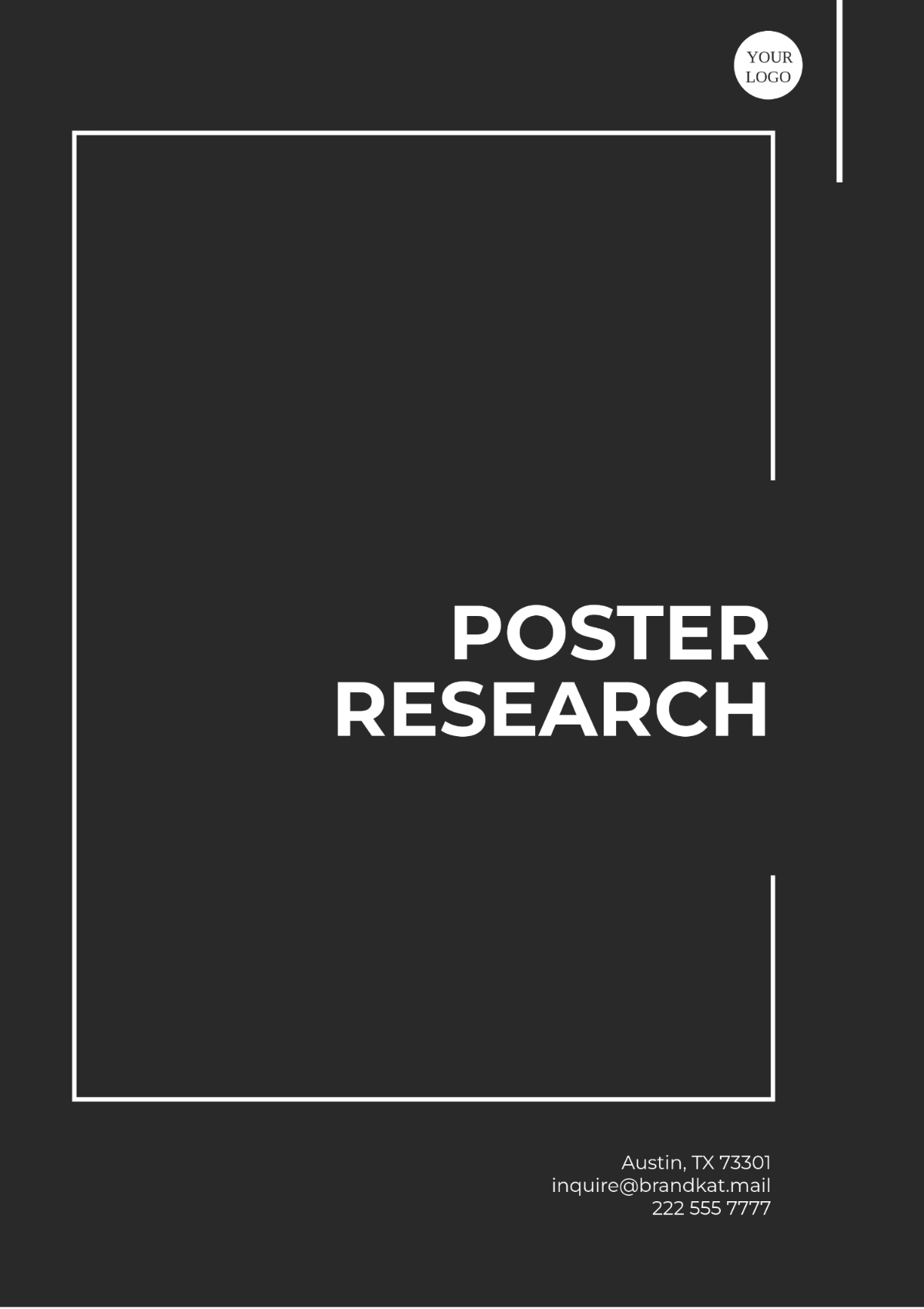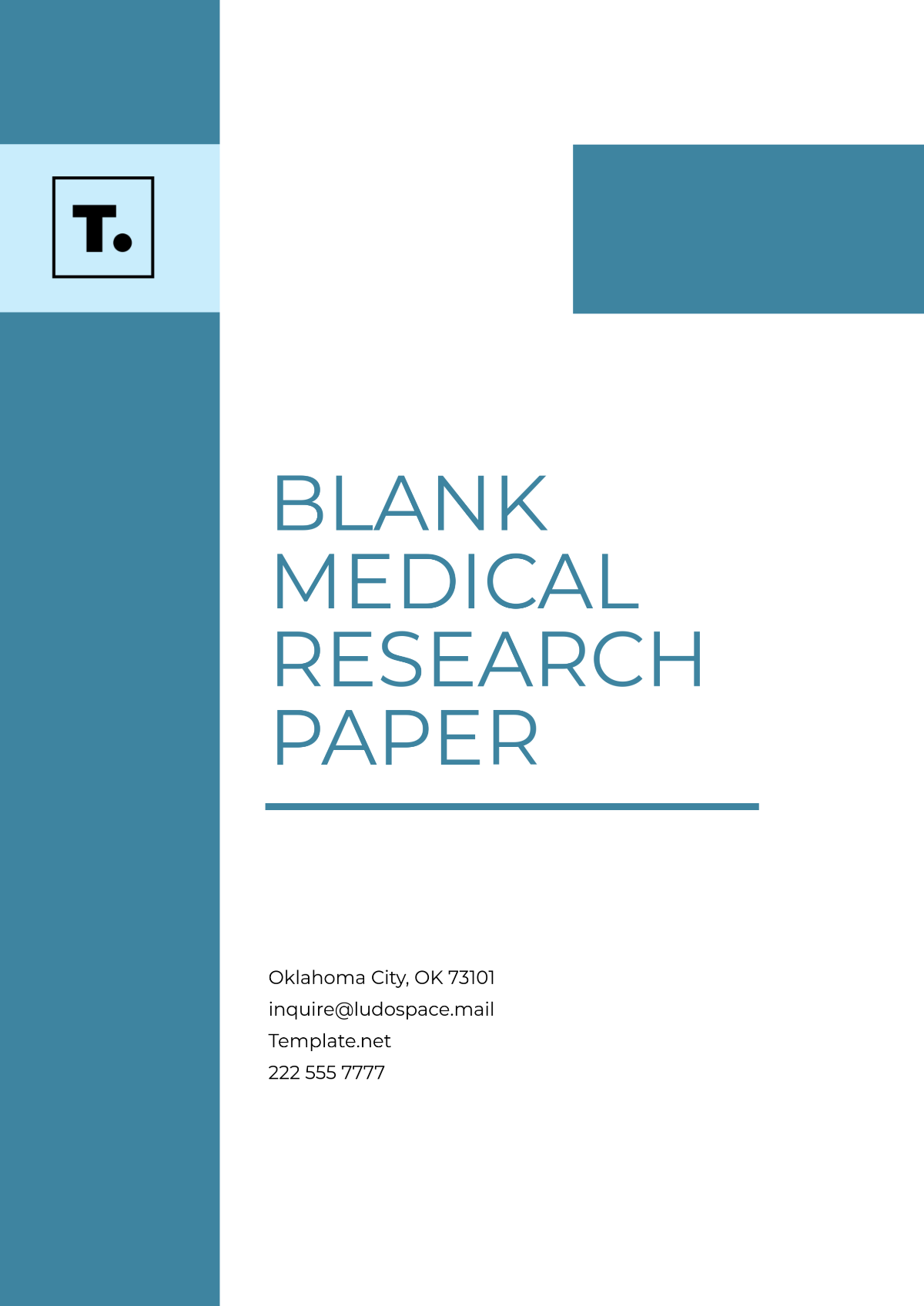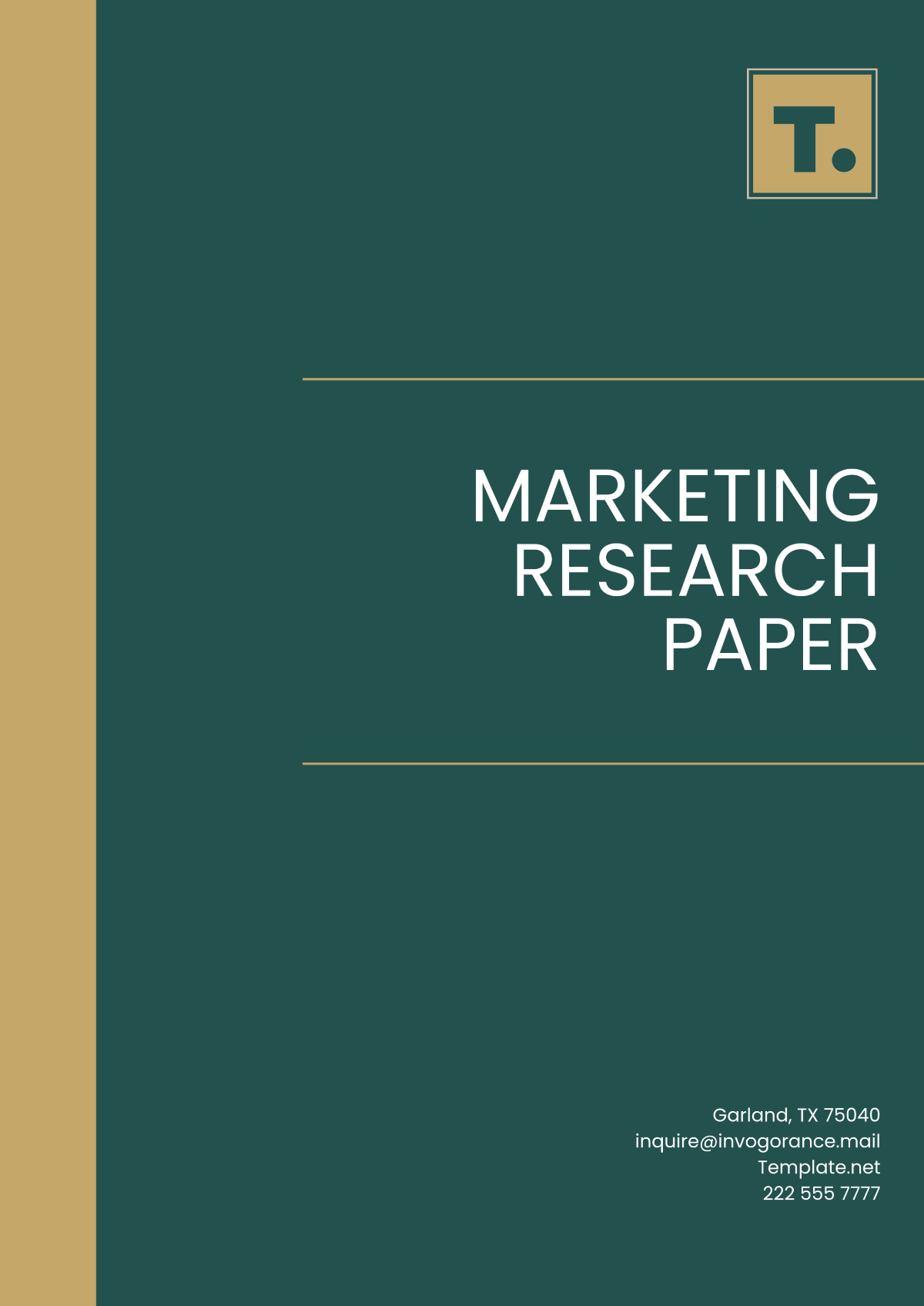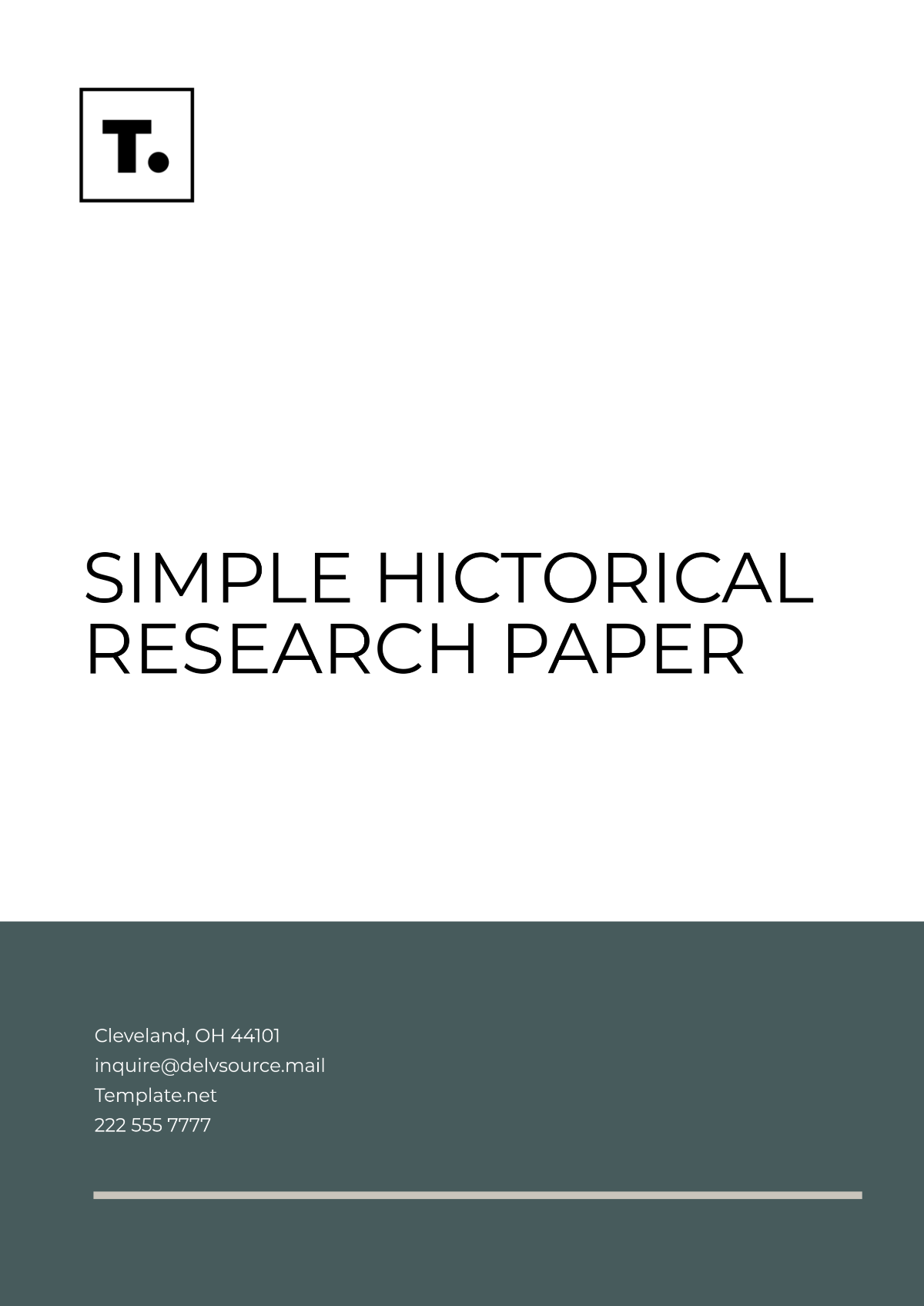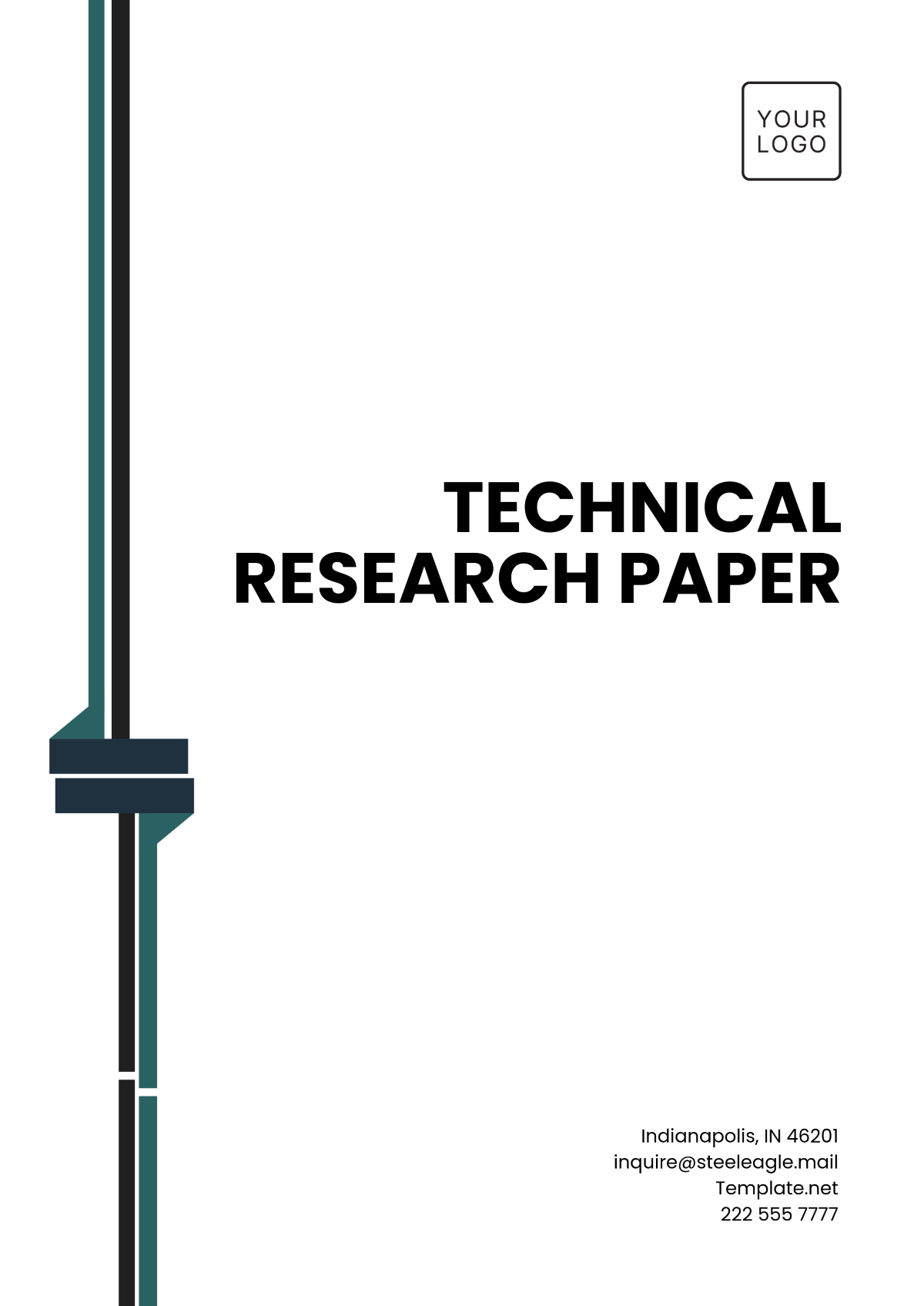Free Empirical Research Problem Template
Empirical Research Problem
Prepared By: [Your Name]
Organization Name: [Your Company Name]
1. Introduction
With the increasing adoption of remote work, especially after recent global events, organizations face the challenge of understanding its effects on employee productivity. This research aims to empirically explore how remote work influences productivity compared to traditional office settings. The findings will provide insights into the effectiveness of remote work arrangements and guide organizations in optimizing their work environments.
2. Purpose
The primary purpose of this research is to evaluate the impact of remote work on employee productivity. The study will specifically address:
Productivity Comparison: How does productivity in remote work settings compare to that in traditional office environments?
Influencing Factors: What specific factors (e.g., work environment, technology access, work-life balance) influence productivity in remote work settings?
Remote Work Models: How do different remote work models (full-time remote, hybrid, flexible schedules) affect productivity?
3. Methodology
3.1 Data Collection
Type | Details |
|---|---|
Quantitative Data |
|
Qualitative Data |
|
3.2 Data Analysis
Type | Details |
|---|---|
Quantitative Analysis |
|
Qualitative Analysis |
|
4. Expected Outcomes
The research aims to achieve the following outcomes:
Productivity Insights: The research will reveal whether remote work results in higher or lower productivity compared to traditional office environments. This will be determined through analysis of self-reported productivity and objective metrics, providing a clear picture of the productivity impacts of remote work.
Key Factors: The study will identify specific factors that significantly influence productivity in remote work settings. This includes examining elements such as work environment quality, access to necessary technology, communication effectiveness, and work-life balance. Understanding these factors will help in pinpointing what contributes most to productivity in remote work scenarios.
Recommendations: Based on the findings, the research will offer practical recommendations for organizations to improve remote work practices. These recommendations will focus on optimizing work environments, enhancing communication, and utilizing effective tools to boost productivity. The goal is to provide actionable strategies that organizations can implement to enhance their remote work arrangements.
5. Conclusion
This study will provide a comprehensive evaluation of how remote work influences employee productivity. By understanding the impacts and key factors, organizations can make informed decisions about remote work policies and practices, ultimately aiming to enhance employee performance and satisfaction.


